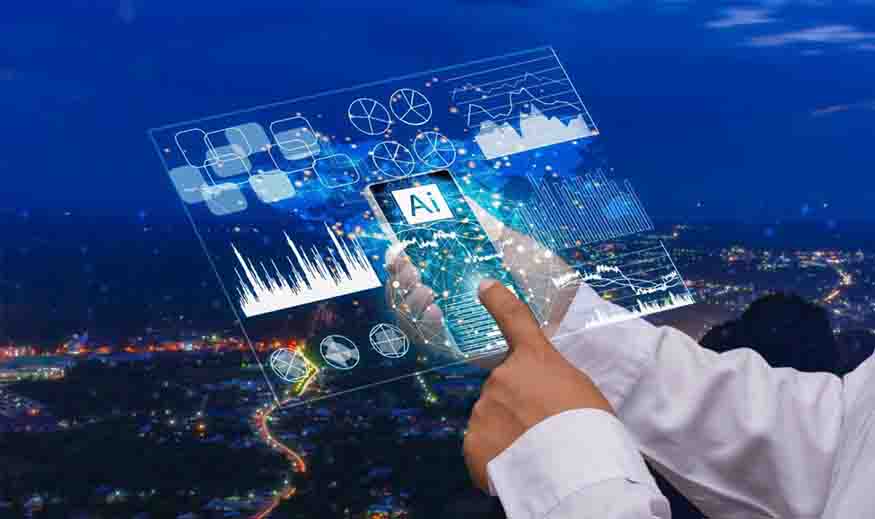Understanding Agentic AI: The Rise of Autonomous Intelligent Agents
In recent years, artificial intelligence (AI) has rapidly evolved, moving from simple automation tools to more complex and independent systems. One of the most exciting and emerging areas in this evolution is Agentic AI—AI that operates as autonomous agents capable of making decisions, setting goals, and acting independently in dynamic environments.
What Is Agentic AI?
Agentic AI refers to intelligent systems that are not only reactive but also proactive. Unlike traditional AI systems that follow predefined rules or respond to direct user inputs, agentic AI can:
-
Set and pursue goals autonomously
-
Plan and reason through complex tasks
-
Adapt to changing environments
-
Interact with other agents or humans
These AI agents function much like human agents in that they exhibit purpose-driven behavior. For instance, an agentic AI could manage a project, negotiate on behalf of a user, or coordinate a fleet of delivery drones—all with minimal human intervention.
Key Components of Agentic AI
-
Autonomy: Agentic AI systems can operate without constant human supervision.
-
Goal Orientation: They are designed to pursue specific objectives, often with the ability to set sub-goals.
-
Learning and Adaptation: Through machine learning, they can improve their performance over time and adjust strategies as needed.
-
Reasoning and Planning: These agents use advanced decision-making models to choose actions that bring them closer to their goals.
-
Interactivity: They often need to communicate and cooperate with other agents or humans, making natural language understanding a vital component.
Real-World Applications
-
Personal AI Assistants: Future assistants could go far beyond scheduling appointments. They might analyze your habits, negotiate bills, or even plan entire trips.
-
Autonomous Vehicles: These are agentic systems that must constantly evaluate their environment, predict other drivers’ behavior, and make split-second decisions.
-
Business Automation: AI agents can manage supply chains, monitor financial systems, or perform real-time market analysis and trading.
-
Healthcare: Agentic AI could monitor patient health, schedule appointments, and even suggest personalized treatment plans.
Ethical and Safety Considerations
As AI becomes more agentic, ensuring safety and alignment with human values becomes critical. Questions arise such as:
-
How do we prevent agentic AI from pursuing harmful goals?
-
Who is responsible if an agent acts inappropriately?
-
How can we ensure transparency in decision-making?
Developers and ethicists are actively researching ways to make agentic AI safe, interpretable, and aligned with human intent.
The Future of Agentic AI
The future holds immense potential for agentic AI. It promises smarter automation, deeper personalization, and more powerful tools to augment human abilities. However, with this power comes responsibility. Balancing innovation with safety will be the key to ensuring that agentic AI benefits all of humanity


Post a Comment